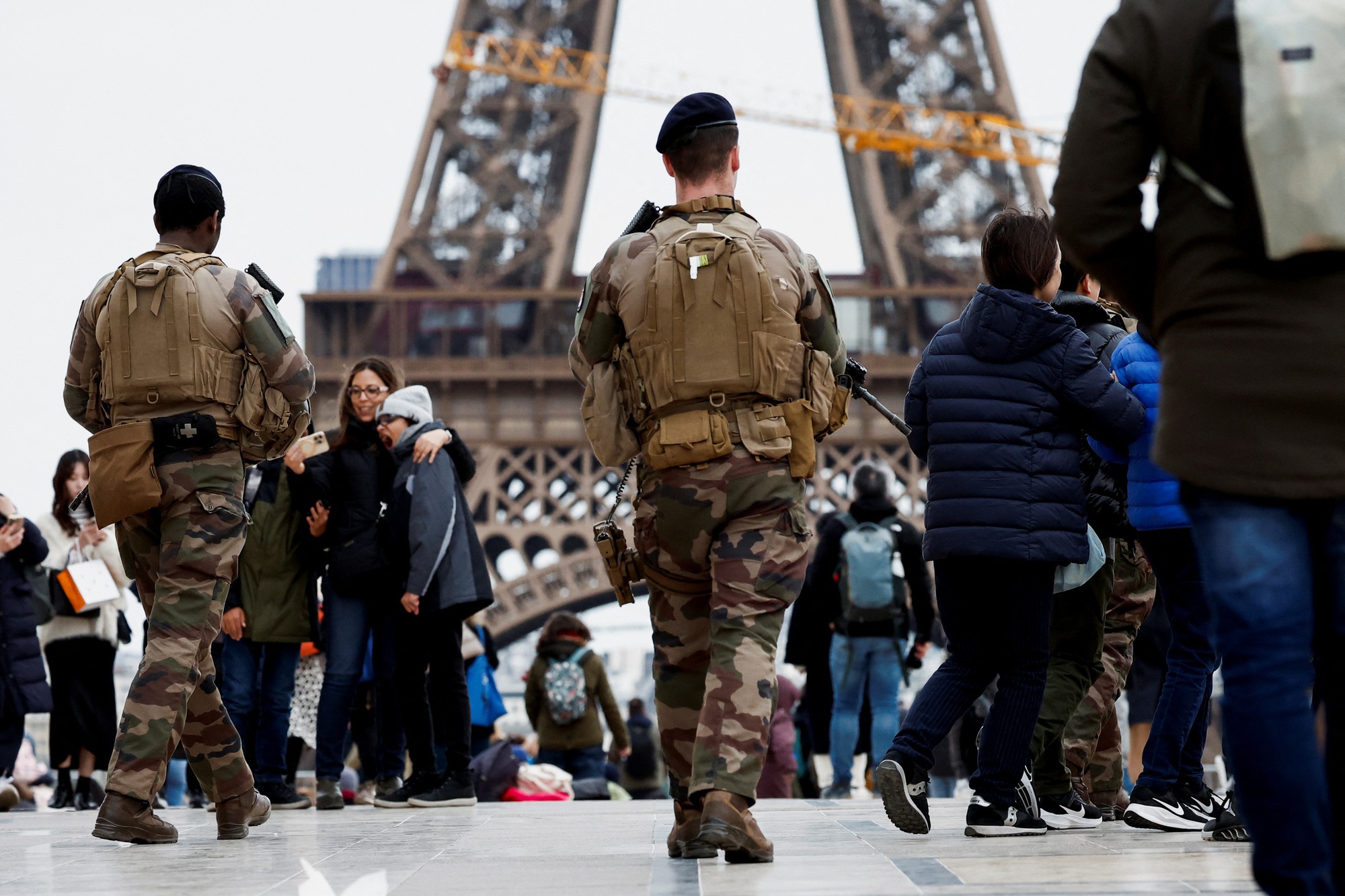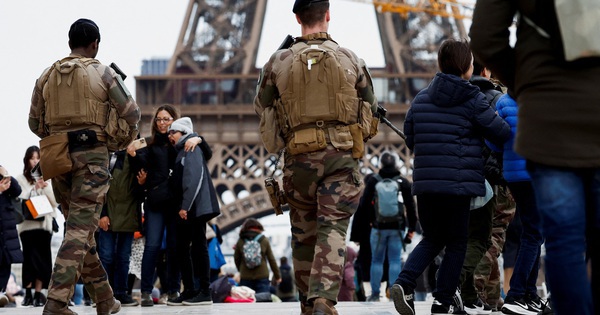The Long-Term Risks and Serious Challenges of Terrorism

Terrorism is not a new phenomenon for Russia and Europe. However, the recent shooting at a concert in the outskirts of Moscow has once again brought the issue of terrorism to the forefront, forcing everyone to prioritize coping strategies.
The Challenge of Effective Counterterrorism Cooperation
To effectively detect and prevent terrorist plots, countries within this continent have to invest significant efforts and resources, particularly in fostering close cooperation with each other. Such collaboration is crucial but difficult to establish.
Investigations and speculations in Russia and Europe have mostly pointed towards an Afghan branch of the self-proclaimed Islamic State (IS) as the perpetrator of the attack. Russia has made certain allegations regarding the exploitation of the incident by Western countries and Ukraine.
This incident highlights the ongoing and ever-present risk of terrorism in Europe. The remnants of IS, following their defeat in Iraq and Syria, have infiltrated and embedded themselves within European countries, especially in areas with significant Muslim populations or countries that have historically had issues with the Muslim community.
Europe’s Security Concerns Amidst Multiple Challenges
Europe is currently on high alert, particularly concerning the activities of extremist Islamic organizations, forces, and individuals. However, it is also a period when the continent is directly impacted by the Russia-Ukraine conflict and the fierce confrontation between Russia and the West.
Europe’s political and security landscape is marked by insecurity, complex dynamics between nations, and challenging cooperation efforts. This not only hampers counterterrorism activities but also provides an environment conducive to terrorist activities.
IS fighters, along with other extremist Islamic groups, may no longer possess their peak capabilities but have shifted their focus towards perpetuating a long-term climate of fear and maintaining the threat of attacks. These elements require attention-grabbing incidents to amplify their influence, incite other extremist elements, and create panic across Europe.
Therefore, terrorism remains a long-term, realistic threat and challenge for all European nations. Coping with this menace will become increasingly difficult and complex.
The impact of terrorism will also have significant ramifications on the Ukrainian crisis, relationships between Russia and other European countries, and the alignment between Russia and Western powers. There is a pressing need for all parties involved to engage in dialogue and work towards finding common ground.
Recent Revelations from Russia
Recent revelations from the Russian Investigative Committee shed light on new details surrounding the recent terrorist attack at the Crocus City Hall complex. The primary suspects admitted that they received orders from a mysterious individual who instructed them to flee to Ukraine. This individual communicated with the suspects through voice messages via the Telegram app.
The Russian Investigative Committee is currently investigating the involvement of representatives from Ukrainian special forces in organizing and sponsoring this heinous act of terror.
A day earlier, the Russian Investigative Committee disclosed that four suspects had received a significant amount of digital currency from Ukraine. Sputnik News reported the discovery of an electronic wallet believed to be linked to the organizers and perpetrators of the attack. The wallet’s link was shared on the Voice of Khorasan Telegram channel, which has ties to the self-proclaimed Islamic State. On the day of the attack, a total of $2,525 was sent to the wallet, which was almost immediately withdrawn.
Simultaneously, the National Security Committee of Tajikistan arrested nine individuals believed to be connected to the terrorists responsible for the attack in Russia. According to security sources, these individuals also had links to the Islamic State Khorasan Province (ISIS-K), the Afghan branch of ISIS.
On the same day, the Federal Security Service of Russia (FSB) announced the disruption of a terrorist plot in the Stavropol region and the arrest of three suspects. These individuals, citizens of a Central Asian country, were found attempting to detonate an explosive device in a crowded area.
It is clear that the challenges posed by terrorism continue to evolve, demanding even greater vigilance and cooperation among nations. Finding effective solutions will be a daunting task, considering the intricate web of regional conflicts and geopolitical tensions.

